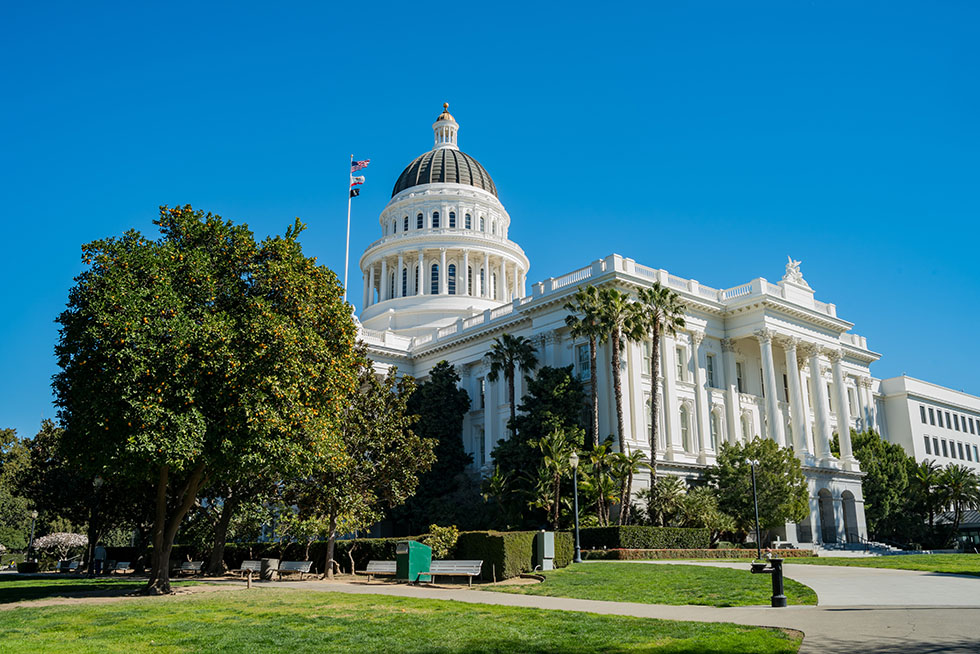
A pair of California bills taking aim at single-use plastic packaging are getting close to the governor’s desk.
Introduced as identical companion bills, SB 54 in the Senate and AB 1080 in the Assembly would require the California Department of Resources Recycling and Recovery (CalRecycle) to draft and implement a host of regulations addressing single-use packaging.
Among the major provisions in the legislation, CalRecycle is directed to adopt regulations to “require manufacturers and retailers of single-use packaging to source reduce single-use packaging to the maximum extent feasible,” as well as to require them to “ensure that all single-use packaging in the California market is recyclable or compostable.”
The Senate approved SB 54 on May 29 with a vote of 28-8, and the Assembly voted 44-19 to approve AB 1080 on May 30. Because of earlier amendments made to each bill, the chambers are now working to iron out differences between the bills before the legislature can send the language to Gov. Gavin Newsom.
Supporters include a long list of environmental groups, cities, recycling industry players and others.
“The measures help businesses transition from single-use plastic containers to reusable or compostable packaging with reasonable timelines to make changes in order to achieve an overall reduction of 75 percent by the year 2030,” according to a press release from the group Break Free From Plastic. “The measures also call for incentives for in-state manufacturing using recycled materials. Together, these requirements will cut back on the amount and type of trash going into landfills and litter in neighborhoods, waterways, and the ocean, which will reduce costs to taxpayers for disposal and clean-up.”
Opponents include groups representing retailers, plastics manufacturers and packaging producers. Northern California public media outlet KQED recently covered the bills and talked with some stakeholders on both sides.
The Plastics Industry Association opposed the legislation, noting the bills would require packaging be “recyclable,” but that has yet to be defined. “Most of the details required to implement this law would be left to CalRecycle and would not be finalized until regulations are established in 2023,” according to an advocacy tool from the group.
The industry association “has attempted to work with the bills’ sponsors to try and redirect the bills toward policies that are proven to reduce litter and increase diversion rates,” the group wrote. “Unfortunately, we’ve been unable to have the bills amended to a point where we can support them, so we must remain opposed.”
Photo credit: Kit Leong/Shutterstock
More stories about legislation
- Packaging policies require collaboration, harmonization
- Colorado EPR development advances to next phase
- Stewardship exec: Key to EPR success is to watch, wait